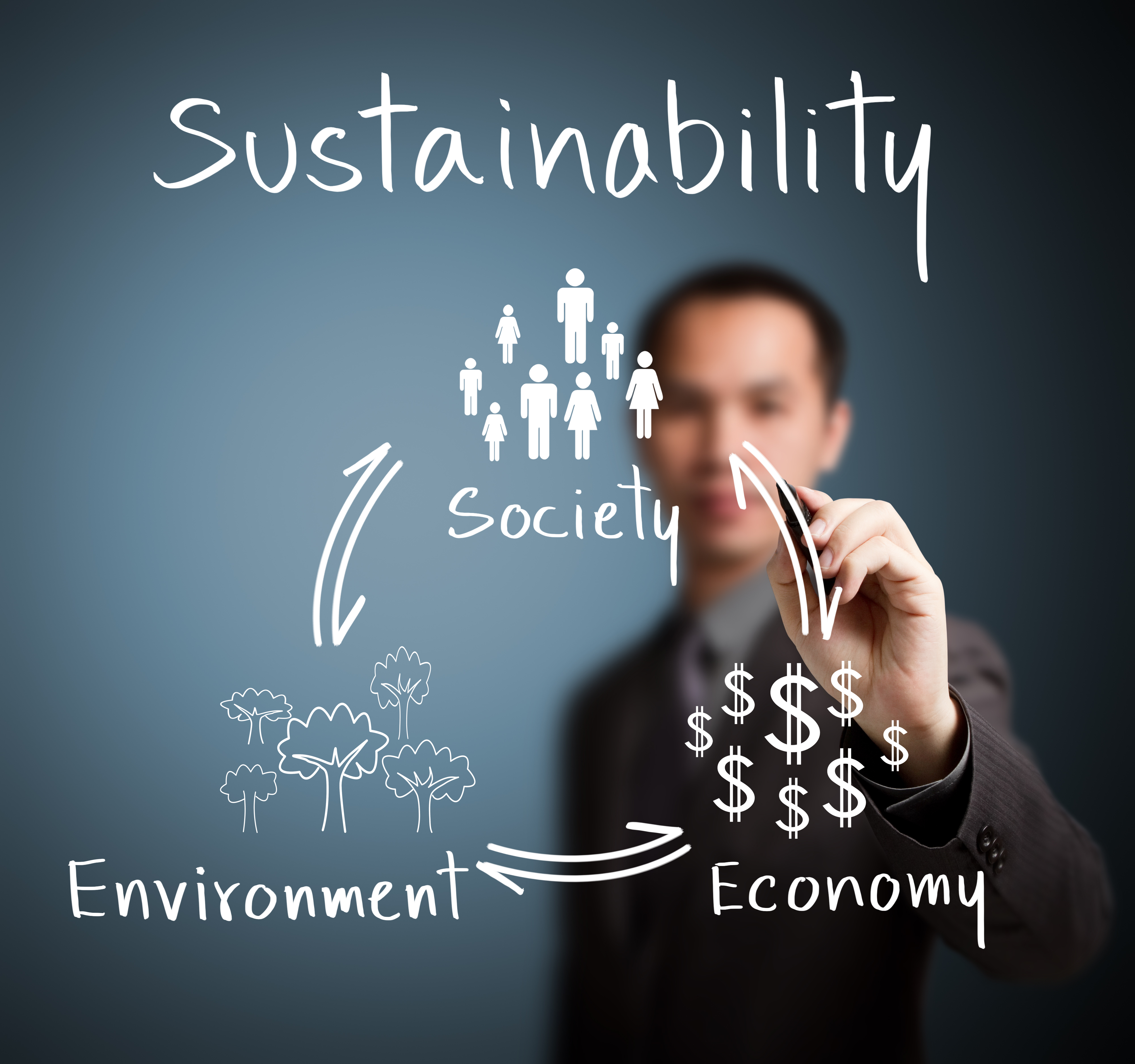Sustainable procurement has been discussed for years, but why does it matter and how can you apply it in your procurement process? This article is going to share with you an overview of sustainable procurement.

Price should not be the only thing that you consider. Sustainable procurement is a process of balancing social, economic and environmental impacts while meeting the purchasing needs of your company. It is worth pointing out that it is not only about the environment; the social side is as vital. For example, many have realized that they should procure low carbon product to mitigate the poor air quality, but making sure that stockholders through your supply chain are paying a reasonable wage for their employees are essential too.
For the economic impact, ask yourself:
- Do we need this resource?
- Are we using this resource correctly?
- Is this resource just stocked on the self?
For the environmental impact, ask yourself:
- Where did the resource come from?
- What is its impact now? What will its impact be once we have finished with it?

For the social impact, ask yourself:
- Where are the resources from?
- Who made it?
- What are the working conditions of the people involved?
Sustainable procurement does not necessarily cost you a long time and more money to obey the rules. Instead, the benefits of sustainable procurement are significant in the long-term effects and quality of a business. It will be of great benefit for cost-saving, the reputation of the company and innovation.
Purchasing sustainably can be the cheaper option because sustainable approaches mean efficient procurement. A focus on buying only what you need and efficient demand management can help you minimize overproduction and waste, therefore, reduce overall costs.
For many corporates, reputation is the key. Business needs a fantastic social responsibility report at the end of the year to attract customers responsible for the environment, but if they don’t pay attention to sustainable procurement, they may lose their reputations.
Sustainable procurement involves a higher degree of collaboration and engagement between all parties in a supply chain. Many businesses have adopted a broad interpretation of sustainable procurement and have developed tools and techniques to support this engagement and collaboration. If you don’t look at the latest trend, you will miss the chance to improve your tools and technology. As result, you miss most innovative ideas that could move your company forward.
In western countries, the pressure on companies to engage in sustainable sourcing and procurement continues. However, the concept of sustainable procurement has not been widely accepted and practiced globally and the difficulty for buyers to change their procurement behavior and habits still exists.
Many experts provide their insights on how to implement sustainable procurement, which will be shared with you in further articles. However, the very first step to embracing sustainable procurement is to raise your awareness and embed sustainability to your organizational culture.
